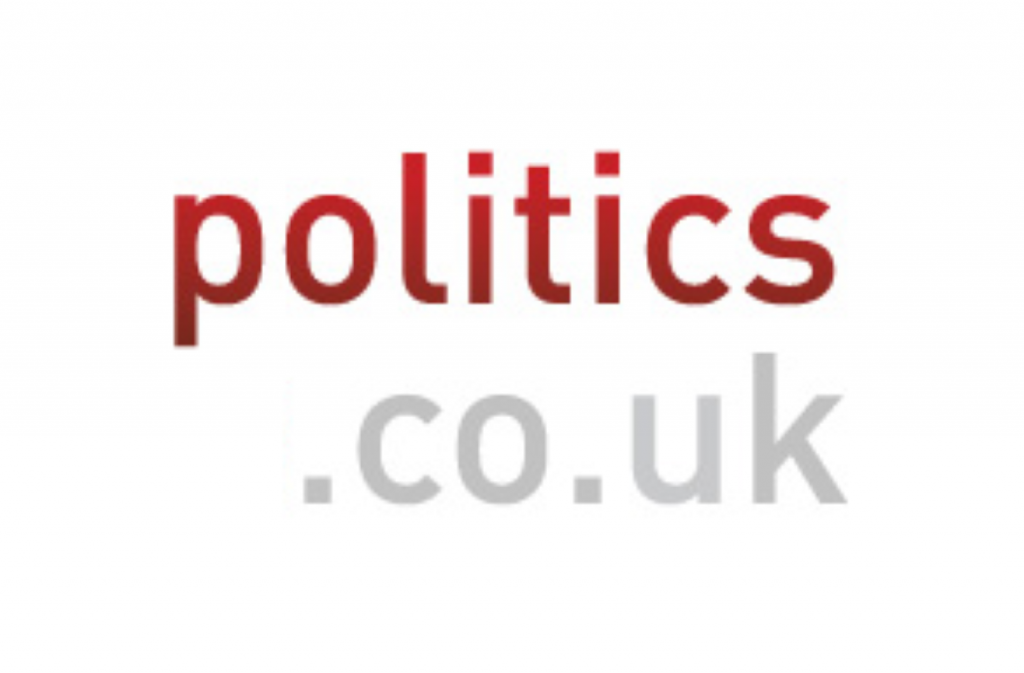London G20 summit: Eyewitness
By Alex Stevenson
International summits are like a soldier’s experience of war: a long period of boredom, followed by a sudden frenetic burst of activity.
Camped out in a vast media centre which stretched away across the ExCel, journalists from around the world watched and waited as leaders sought to fix the broken global economy.
In such circumstances they can be forgiven for continuing the feverish speculation about what the final communiqué of the summit would contain. Ever-hungry for news, any hints or tips were snapped up voraciously.


Business secretary Peter Mandelson worked his way down the long line of camera crews as world leaders arrived, giving decent enough quotes but unable to reveal too much.
Climate change secretary Ed Miliband, as the afternoon wore on, was able to go a little further. He said the G20’s commitment to environmental issues gave the run-up to Copenhagen that most vital of commodities, “momentum”.
Yet even this was hardly enough for those milling around. Which is why when Bob Geldof appeared in the middle of it all he was immediately mobbed.
The media scrum which greeted the ageing rocker certainly livened things up. politics.co.uk managed to get right into the centre of things to hear him wax lyrical about tax havens, a controversial area where much of the focus lay as leaders met.
Even that issue went out of the window when, at long last, Gordon Brown strode across to the podium to announce the G20’s historic plan to “fight back”.
It was not until the end of his lengthy press conference that the balloon really went up, however. We had the details. Now it was time to see what the rest of the world thought about it.
Phase two of summits like this – the press conferences – is always a hectic affair. This was no exception. In six smaller briefing rooms aside from the main hall presidents and prime ministers of every shape and size could be found giving their views.
Wandering between them was like sifting through a pot pourri of statesmen and women. Dipping in and out, this correspondent sensed very different moods.
In one room Angela Merkel explained her position on the summit. In another Nicolas Sarkozy, her ally of yesterday, shrugged his way through a post-conference gaggle. As he got up to leave the French press had surrounded him, calling out questions; he was happy to answer.
It didn’t matter that the translating devices were struggling to cope. In the middle of the scrum, it was all about being in earshot. And being able to speak French.
Dominique Strauss-Kahn, the managing director of the IMF, was more obligingly speaking in English. His tone was triumphant, exulting that “the IMF is back”.
South African president Kgalema Motlanthe’s conference was a thoughtful affair, with the plight of his continent weighing heavily on his mind. He let slip that some during the summit had called for Africa to be represented in its own right at the summit.
Australian prime minister Kevin Rudd was also aware of the gravitas of the situation, warning that “it’s going to be a tough long haul for Australia”. That frankness – “these are bad numbers” – contrasted with another Commonwealth PM, Stephen Harper of Canada.
His formal statements were less relaxed, but much more confident. He said Canada had “never had” the old Washington consensus; maybe this slightly separate position explained his absence from the first group photo op earlier in the day.
This was all by way of warm-up for the final press conference of the day – one last hurrah as the world’s press met Barack Obama. “I want a foreigner – I am a foreigner,” the great man explained helpfully as he sought out journalists to ask him questions.
After a day of hanging around off the lips of anyone who would give them a quote, the world’s press demonstrated their insatiable appetite once more. They yelled out, they jumped up, they waved frantically, desperately bidding to be the lucky one picked by the higher being on the stage in front of them. When Obama finally walked off, he received the unthinkable from the media – applause. Even Brown didn’t get that.
It was a fitting end to a summit which, as the evening wore on, slowly saw journalists dissipate away from the workstations so jealously guarded earlier on in the day. Off to fight another battle: a bit like the politicians who they follow, who – at Friday’s Nato summit in Strasbourg – are about to do it all over again.












